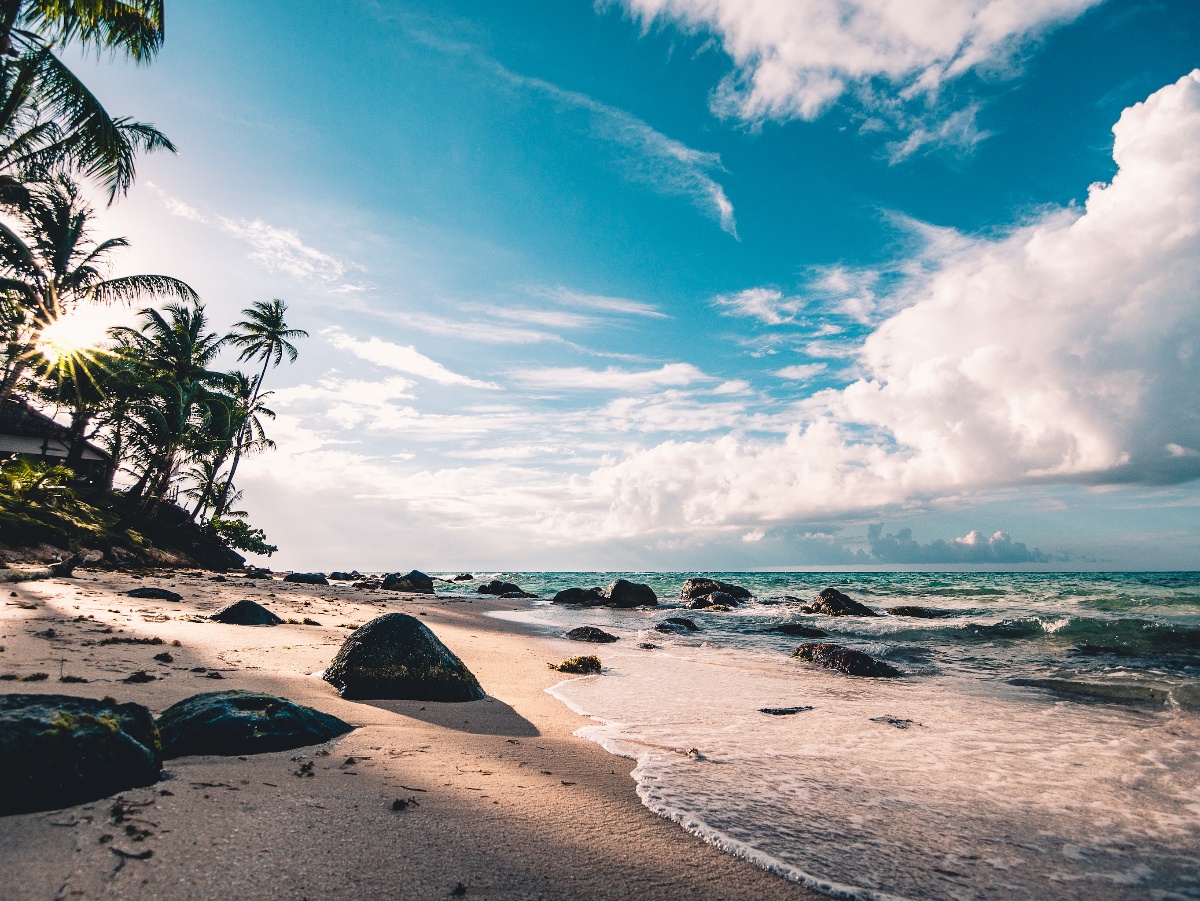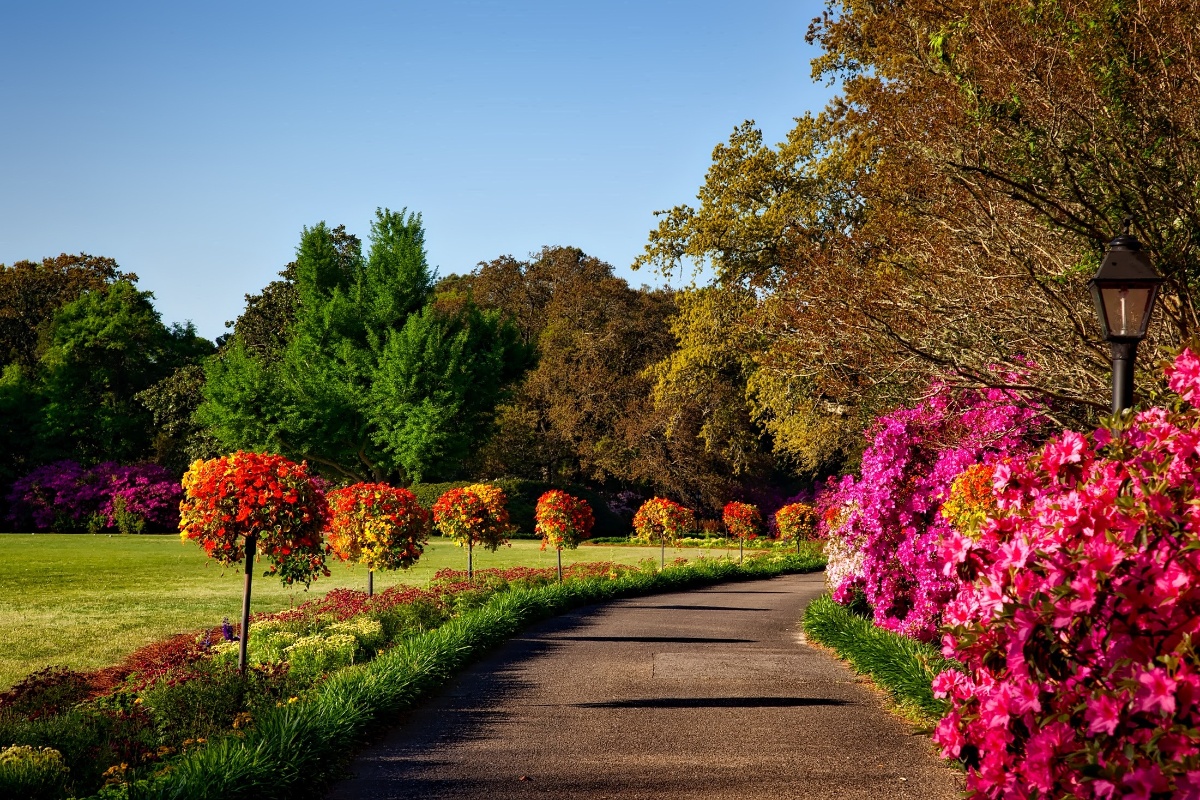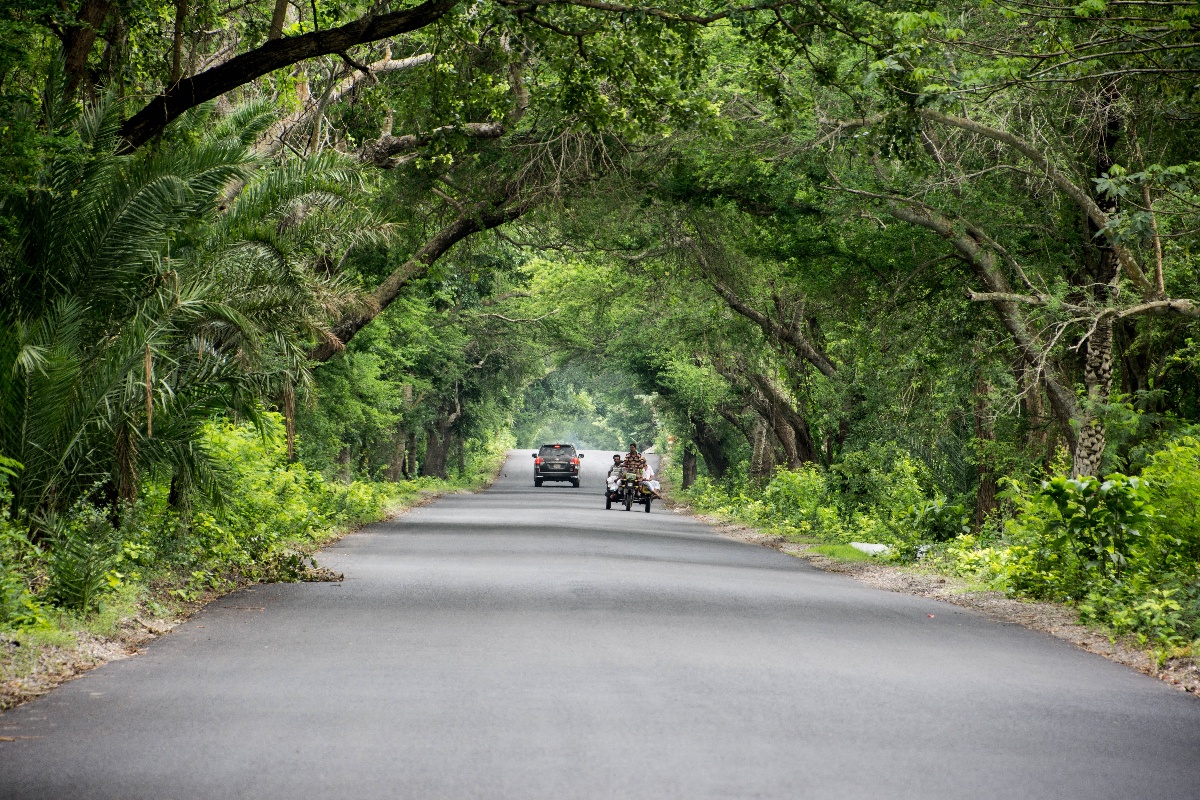The great outdoors is a wonderful place to explore and enjoy, but it's important to remember that our actions can have a significant impact on the environment.

From littering to trampling on delicate ecosystems, it's all too easy to cause damage without even realising it.
But with a little bit of knowledge and planning, it's possible to have a great time in nature while also protecting it for future generations.
In the United States, according to the National Park Service, in 2020, there were over 331 million visitors to national parks, which led to a total of $20 billion in economic benefits, supporting 318,000 jobs.
Yellowstone National Park alone received over 4 million visitors in 2019, while Plitvice Lakes National Park in Croatia received around 1.2 million.
Torres del Paine National Park in Chile received around 400,000 visitors in the same year. The increase in outdoor tourism can disrupt the natural cycles of wildlife, such as migration patterns and breeding cycles, leading to population declines.

One of the most important things to consider when planning a nature-friendly adventure is the impact of transportation.
Cars and other vehicles are a major source of pollution and contribute to climate change, so try to find ways to reduce your use of them.
Consider taking public transportation or carpooling to your destination, or even better, biking or hiking.
Not only will this reduce your carbon footprint, but it will also give you the opportunity to experience nature in a more intimate way.
Another important consideration is the impact of camping and hiking on the environment. Visits can cause damage to delicate ecosystems due to trampling on sensitive plants and wildlife habitats.
It can also lead to issues such as soil erosion, soil compaction and the spread of invasive species.
When camping, it's important to use established campsites and to follow Leave No Trace Seven Principles, an easily understood framework of minimum impact practices for anyone visiting the outdoors up to date with the latest insights from biologists, land managers and other leaders in outdoor education:

- Plan Ahead & Prepare
- Man hiking with hiking stick in the forest
- Travel & Camp on Durable Surfaces
- Overflowing trash can in a city
- Dispose of Waste Properly
- A single sprout popping up through the sand
- Leave What You Find
When hiking, stay on designated trails to avoid trampling on sensitive plants and wildlife habitats.
When it comes to enjoying water activities, such as swimming, fishing, or boating, it's important to be aware of the impact of human activities on aquatic ecosystems.
Be careful not to disturb or damage the shoreline and avoid throwing trash or pollutants in the water. Also, be aware of local fishing regulations and only take what you need.
Outdoor tourism can lead to the loss of biodiversity as development can impact habitats and natural processes.
For example, the construction of tourist facilities such as hotels and restaurants can lead to the destruction of habitats and the displacement of wildlife. Travellers have the option of staying in environmentally friendly lodging.
This can include lodging facilities like hotels, resorts, and vacation homes that have adopted eco-friendly practices including recycling, employing renewable energy sources, and putting in place water conservation measures.
Numerous nations and areas have eco-friendly lodging certifications, such as Green Key accreditation for hotels and resorts in Europe and LEED certification for hotels and resorts in the United States.
How DGB group is making a difference in biodiversity conservation

One of the best ways to reduce your impact on the environment is to support local conservation efforts to prevent over-exploitation due to commercialization.
This can include volunteering, making donations, or supporting businesses that promote sustainable practices.
Many national parks and other protected areas rely on the support of volunteers and donors to preserve and protect the land.
Nature-friendly adventures are all about finding a balance between enjoying the great outdoors and protecting the environment.
By being mindful of our transportation choices, camping and hiking practices, water activities, and supporting local conservation efforts, we can all play a part in preserving nature for future generations to enjoy.






